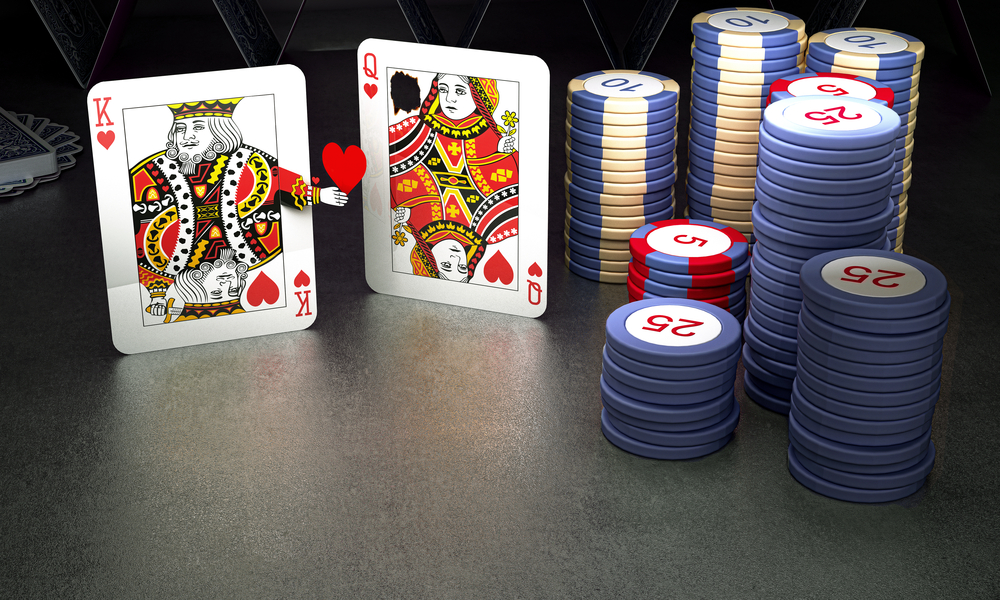Playing in a poker tournament is an incredibly exciting way to play poker, although they can be lengthy the financial rewards can be life changing. Getting to the final table in a tournament is a real achievement, but walking away empty handed after investing significant amounts of time and money can be soul destroying. This guide will give you some great final table poker tips to help you on your way to being a poker pro.

Poker Tournament Tips
- Getting to the final table it great, but to walk away with money you may need to make some bold moves. Often you will see players being far too cautious on the final table and folding most hands but still being hit with high blinds. If you are on a table with increasing blinds and are being too cautious with the hands you call, your chip stack is just going to whittle down to nothing just covering the blinds. Instead, it is often more useful to identify players that are being too cautious and exploit this. This is much easier to do if you have a chip advantage, as the type of player that is nursing their final chips is very unlikely to call big bets, particularly bets that require them to go all-in.
- You should however be aware that most players that call your bets in the final stages of a tournament will probably have good hands. Therefore, elaborate bluffing should be avoided and you should be very cautious in your play.
- Be aware of unpredictability, do not invest your entire bankroll in a tournament. It is very easy for you to go from first place to last in a tournament, so it is recommended that you have at least 200 times the buy-in in your bankroll.
- Try not to get into big confrontations unless you have a fairly high ranking hand, at this stage in the tournament you have to play strategically to walk away a winner. However, do be aware of the number of players left on the table, with each player that is eliminated your chances increase.
Final Table Poker Strategy
Towards the end of the game you should think about using a poker tournament strategy to maximise your chances of winning. The key to winning a tournament is taking risks, this means that sometimes an aggressive strategy is best on the final table. The blinds and antes will be eating away at your chips stack, therefore sometimes it’s best to go hard or go home. Some players will choose to bet high on lower ranking hands which usually results in intimidating other competitors in to folding. Remember that you don’t need to have a high card or pair in your hand before the flop to be in with a good chance of winning. Suited connectors have good potential to create a flush or straight after the community cards have been revealed, in a tournament situation having suited connectors in your hand should not be dismissed.
A Passive Strategy
Some players are content with placing in third or fourth place in a tournament and winning a smaller amount of chips. If this is your goal, then you may wish to consider using a passive strategy and holding tight at the final stretch. Although this does come with its risks, you are likely to reach your goal if you wait for other players to go all-in and take this opportunity to fold. When more than one player goes all-in, it is very likely that at least one player will be eliminated from the tournament after the round. Always be aware of blinds and antes however and don’t let your chip stack suffer too much by being way too cautious, take risks, just calculated ones.
Be Aware Of Your Style
Your betting style in poker is very important when it comes to being unreadable to other players. Try to vary your betting style and don’t perform the same moves too often. For example, if you are the type of player that bets the pot when you have a strong hand every time, other players will be able to easily read you. Instead, consider mixing it up a bit by betting small, half pots, or checking and varying these actions with each hand. This is not as important in earlier stages of the tournament, but on the final table this could be the difference between you winning or losing.